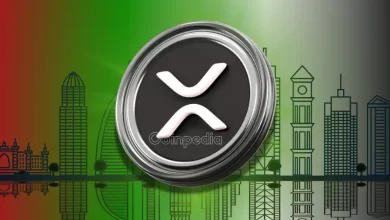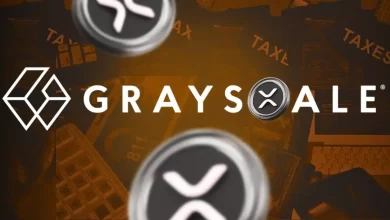
CFTC Chairman Rostin Behnam confirmed that Bitcoin and Ethereum are classified as commodities.
Behnam challenged SEC Chairman Gary Gensler's view by stating that 70% to 80% of cryptocurrencies are not securities.
Behnam called for stronger legislative measures for CFTC oversight of non-security tokens.
Bitcoin and Ethereum are often seen as groundbreaking technologies, and recent developments have reinforced their importance in the financial world. At a recent Senate Committee hearing, CFTC Chairman Rostin Behnam made key statements about these cryptocurrencies. He confirmed that Bitcoin and Ethereum are considered commodities under the Commodities Exchange Act.
This follows a recent ruling by an Illinois district court that upheld their status.
Regulatory Clarity – Finally?
Eleanor Terrett, a journalist at Fox Business, reported that the Illinois court confirmed Bitcoin and Ethereum as digital commodities under the Commodity Exchange Act. She shared this update on her X (formerly Twitter) account:
The classification of Bitcoin and Ethereum as commodities, rather than securities, has significant regulatory implications. Commodities like gold or oil are tradable goods, while securities represent ownership in a company. This distinction places Bitcoin and Ethereum under the jurisdiction of the CFTC, separating them from assets regulated by the SEC.
The Critical Debate: Commodities vs. Securities
CFTC Chairman Behnam’s statement highlights a crucial regulatory debate. He claimed that 70% to 80% of cryptocurrencies are not securities, challenging SEC Chairman Gary Gensler’s view. This difference underscores ongoing discussions on how to best regulate digital assets.
Recognizing Bitcoin and Ethereum as commodities provides much-needed clarity and could lead to broader acceptance in the crypto market. This decision sets a precedent for future rulings and might reduce the uncertainty that has slowed market growth.
What Does the Future Hold?
Looking forward, Behnam called for legislative measures to strengthen the CFTC’s oversight of non-security tokens. He emphasized the need for strong protections for investors due to the market’s volatility. His statements reflect a proactive approach to balancing regulation and fostering innovation in the cryptocurrency world.
We are currently in a phase of rapid technological evolution and increasing regulatory scrutiny in the DeFi world. As regulations evolve, the distinction between securities and commodities will be key.
Read Also: Crypto Market Today: Why Ethereum and Solana Are Must-Buys in This Dip







